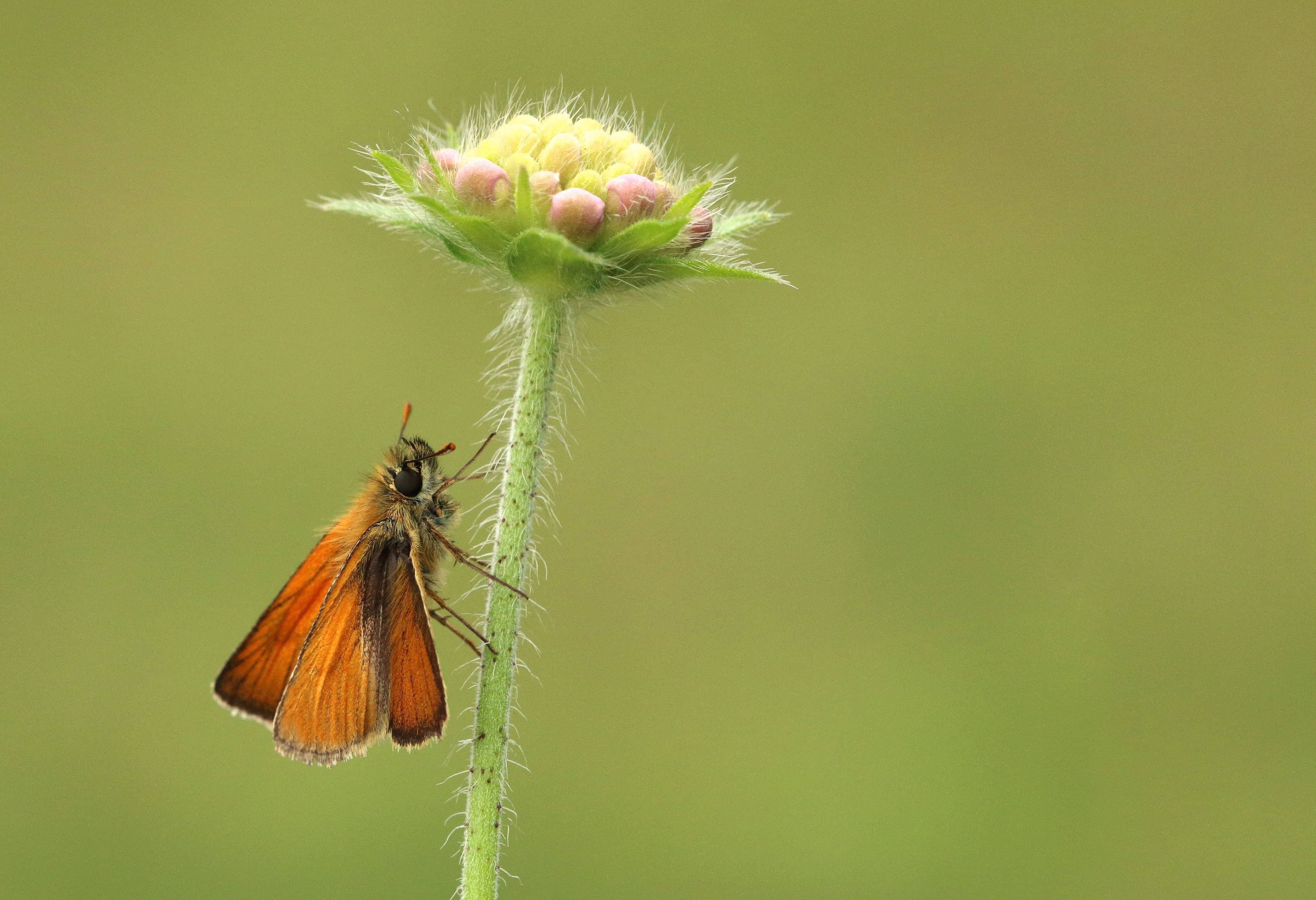Butterfly Conservation has joined a group of over 25 wildlife and environmental organisations to persuade the UK Government to take a firm negotiating position with the EU over strengthening environmental provisions in the Common Agricultural Policy (CAP).
The EU's Common Agricultural Policy (CAP) is the framework under which farmers operate. It sets out a range of farming, environmental and rural development activities as well as controlling EU agricultural markets.
Since 2004, farmers have faced cuts in their subsidies if they fail to meet strict environmental requirements.
New proposals, unveiled by the European Commission on 12 October 2011, indicate that EU ministers want to divert already inadequate rural development money away from environment schemes, and into other areas such as research and competitiveness.
Abi Bunker, RSPB agriculture policy officer and Chair of Wildlife and Countryside Link's Agriculture Working Group, said: "We're deeply concerned that agri-environment schemes, which reward farmers to do fantastic things for the environment and wildlife on their land, will receive less money in the future.
"This flies in the face of claims that the next CAP will be greener. It is now time for the UK Government, and UK Members of the European Parliament to step up to the mark and make sure such schemes are properly resourced so our farmers get all the support they need to do their bit for nature."
The Joint Links group are launching a new report, Crunch Time for CAP: Choosing the right tools for a richer countryside, at an event in the House of Commons at 4pm on 8 November 2011. The Rt. Hon Jim Paice MP, Minister for Agriculture and Food will be speaking at the launch to give the Government's response. The report outlines 10 outcomes for the UK Government to make the basis of its negotiating position with EU partners.
Ian Woodhurst, Senior Farming Campaigner for CPRE and Vice Chair of Wildlife and Countryside Link's Agriculture Working Group, says: "The CAP has huge potential to bring about a revolution in the protection and enrichment of Europe's landscapes. But to make this happen we will need our government to show the political will and a strong commitment to arguing the case in Brussels. Anything less will mean more of the same, poorly directed funding delivering few real benefits for the environment."


